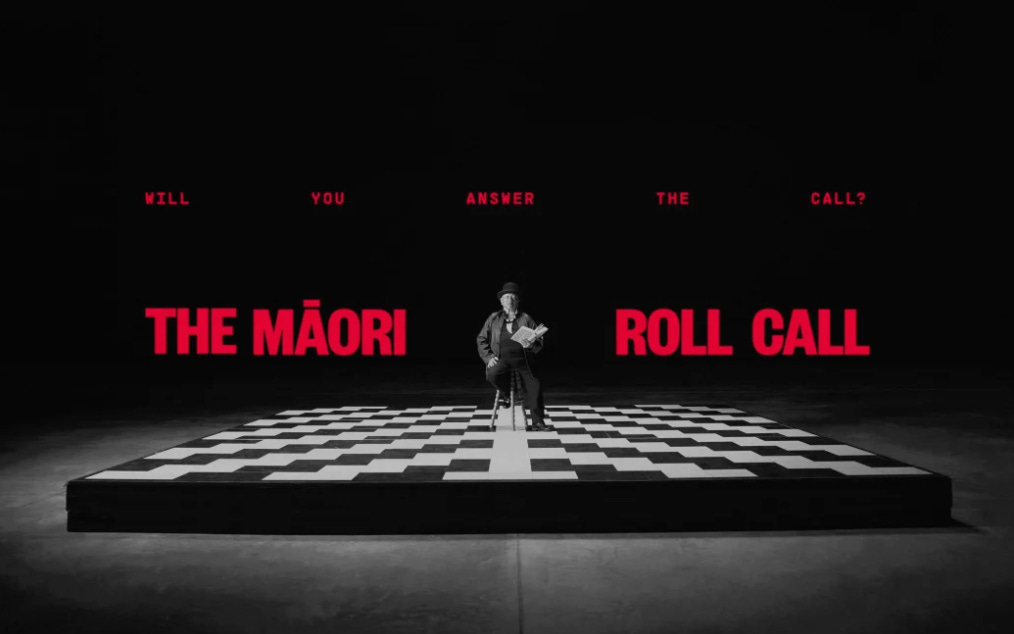Is the Taxpayers’ Union right about Whānau Ora transparency?
PLUS: Act blocks moves towards better fiscal debate – and who’s responsible for the gender pay gap?
Summary:
Transparency among taxpayer-funded NGOs is important, but a blunt instrument will not solve the problem
The latest block on a state-run unit to cost political party promises is a blow against openness and public debate
Problems with the gender pay gap go well beyond the sector most in the spotlight
State-funded charities and the case for more transparency
Note: This article was co-authored with freedom of information expert Andrew Ecclestone, a senior research fellow (adjunct) at Victoria University’s School of Government
Last week it was revealed that the Whānau Ora Commissioning Agency (WOCA) had apparently used taxpayer funds for an advert encouraging Māori to join the Māori roll.
Amid controversy as to whether this was a valid use of those funds, the Taxpayers’ Union this week called for all charities that are more than 75% funded by the government – of which the WOCA is one – to be subject to the Official Information Act (OIA). This would mean, presumably, that all documents held by that charity – every internal email, report and briefing – could be made publicly available.
The Taxpayers’ Union is itself a controversial body, and some people would dismiss its idea out of hand. Calls for ‘accountability’ and ‘transparency’ of NGOs can, after all, be a cover for attempts to limit their work in the public interest. Relatedly, 2013 research from Sandra Grey and Charles Sedgwick showed that our government agencies use their financial power to ‘chill’ the speech of the NGOs they contract with.
The TPU suggestion, however, is at least adjacent to concerns that are entirely understandable.
Keep reading with a 7-day free trial
Subscribe to Good IDEAs to keep reading this post and get 7 days of free access to the full post archives.




